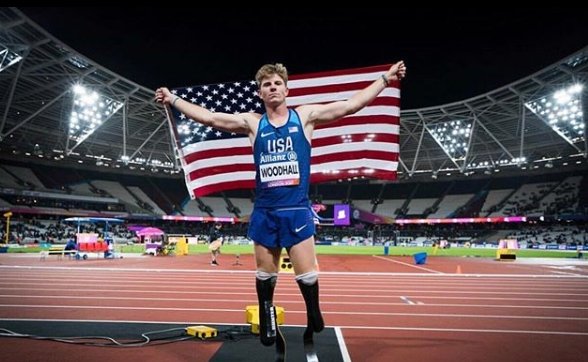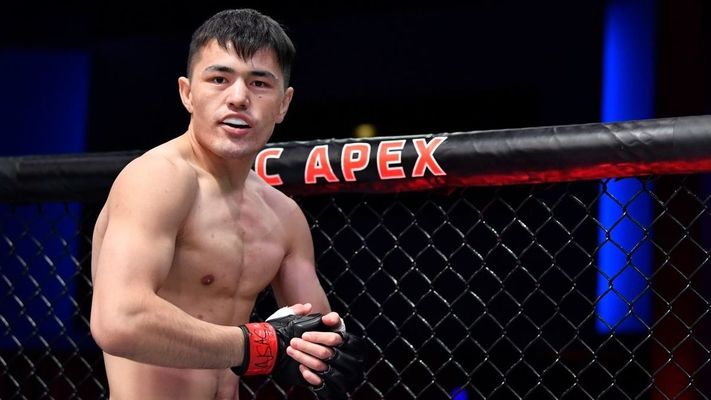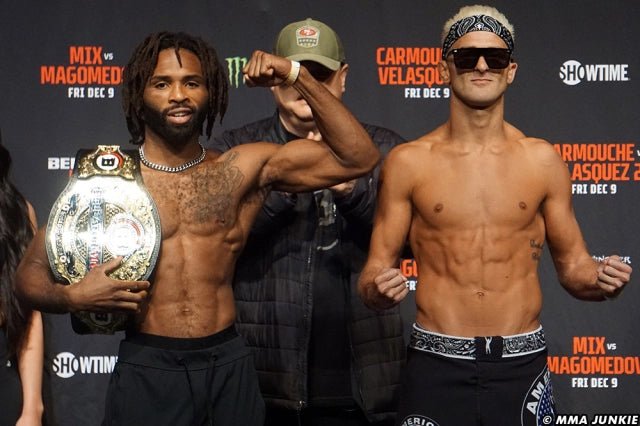Hunter Woodhall beat the odds. As a double amputee at a young age, he was told he wouldn't be able to walk. Hunter didn't let that hold him back from having a childhood centered around sports. His drive and relentlessness has led him to podiums across the world and he is now competing in the most competitive track and field conference in the NCAA.
Hunter, now a sprinter for the Arkansas Razorbacks, gave us a few minutes of his time to talk about his early life, his Paralympic and NCAA career, and his goals for the year.
KC: You’ve lived most of your life without your legs. What have been the biggest obstacles for you to overcome?
HW: I think most of them came from an early age when I was still trying to decide who I was and the question of “Why me?” One of the biggest things was 5th grade going from home school to public school. I dealt with lots of bullying and my self-confidence was low. I didn’t understand why I was dealing with these things. Growing up and learning how to do things on my own was another obstacle. I didn’t do things the same way as everyone else and had to figure out what worked for me.
KC: How active were you in sports as a child?
HW: Both of my brothers played sports and I always followed their lead. I played pretty much every sport you can think of like soccer, basketball, skiing, wrestling, basketball, and track. My parents never let me use my legs as an excuse to give up on myself. I appreciate that attitude looking back as it set the tone for my life.
KC: At what point did you realize that there was a future for you in track beyond high school?
HW: It took a while, pretty much until the end of my junior year when I started running times that were fast enough for college. Only right after I competed in Rio were my times up to NCAA standards. I steady grinded to get up those rankings. There were years of hard work and dedication to make my way up those leaderboards.
KC: How special is it for you to be able to compete for our country?
HW: I think it’s absolutely amazing. In track and field, it’s the pinnacle of your career, especially if you can be on a podium with the flag on your chest. It carries a lot of feelings with it. Not only for yourself and the people supporting you, but for the country as well. I have a lot of pride in where I come from, which makes those championships so special. I love getting to rep my country.
KC: What is your favorite Paralympics memory?
HW: For me, it’s probably Rio. It was so amazing to see such a different culture. It was so different for me and just an exciting opportunity. I realized that all of the work I’ve done was starting to pay off. That started to get the ball rolling for me into NCAA D1 track and put me on my crazy journey.
KC: The Southeastern Conference is known as one of, if not the, best conferences for track and field in the NCAA. How does it feel to compete against the best in the country every meet?
HW: That’s the reason I came to the SEC. In springing events, it’s the most competitive conference in the country. To be the best you have to beat the best. You can’t come to the SEC and expect to coast to victory. It’s a place where you will get your butt handed to you early. If you aren’t used to losing, this is a good place. This conference helped get me into a more competitive state because every meet here is a championship race.
KC: What are your goals for 2019?
HW: Last year was such a transition year for me. I moved to a new state with a new team and new training, so I expect big things this year now that I am acquainted. I am looking forward to making nationals this year since I didn’t make it last year. Outdoor, I want to have a good season. I have times in mind and want to make a placement.
The whole reason I came to college was to help prove to people that no matter your situation, your dreams are possible. Don’t let anyone stand in your way. As great as medals are, my goal is to hopefully be an inspiration to others, help make their life easier, and give them a reason to change their dreams.
KC: What does Kill the Quit mean to you?
HW: It truly is what it says it is. If you want to be great, quitting is not going to do it for you. Being successful is crossing that boundary and going past what you think is your finish line. You have to turn that switch off in your mind.









